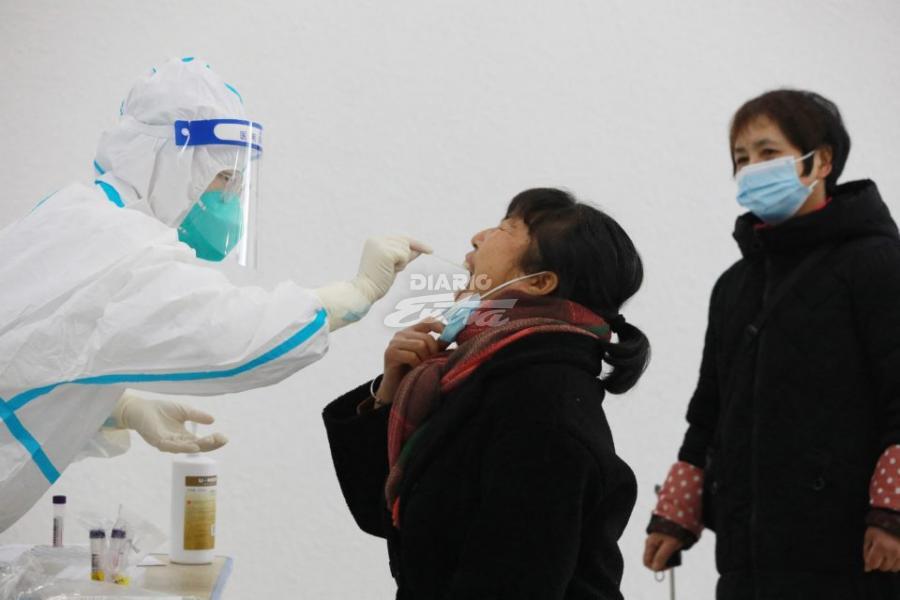04
04/2022
Leprosy, dengue, leishmaniasis and human rabies transmitted by dogs, as well as scabies, Chagas disease and intestinal parasites are some of the more than 20 of these pathologies in the Americas that affect the health of more than 200 million people, according to a statement.
PAHO, the regional office of the World Health Organization (WHO), indicated that the health emergency declared two years ago due to the new coronavirus put on hold the massive administration of drugs, surveys, and the active search for cases.
All of this largely stopped being done in 2020 and gradually restarted in 2021, altering the timeframes envisaged before the pandemic to curb the spread of these ailments, known as neglected infectious diseases.
"Preventing and treating these diseases is profitable," said Marcos Espinal, director of Communicable Diseases and Environmental Determinants of Health at PAHO.

"Strategies to combat them involve bringing prevention, diagnosis and treatment closer to vulnerable communities, as well as improving their living conditions, such as access to education, drinking water, basic sanitation and housing," he added.
In Latin America and the Caribbean, 59 million children currently live in areas at risk of infection or re-infection by intestinal parasites and some 5.7 million people suffer from Chagas disease, while 70 million are at risk of contracting it.
PAHO also warned about leishmaniasis, a parasitic disease transmitted by the bite of certain insects, which has various forms. The most common are visceral (fatal in more than 95% of cases) and cutaneous (causing sores on the skin).
More than 68,000 new cases of visceral leishmaniasis were registered between 2001 and 2020 in 13 American countries, while more than 39,700 cases of cutaneous leishmaniasis were reported in 2020 in Latin America and the Caribbean, according to PAHO data.
On the eve of World Neglected Tropical Diseases Day on January 30, PAHO highlighted several achievements in the control of these pathologies before the pandemic.
In 2013, Colombia became the first country in the world to eliminate onchocerciasis, a parasitic disease that can cause blindness, followed by Ecuador, Guatemala and Mexico. Today there is only one focus of onchocerciasis in the region, on the border between Brazil and Venezuela.
Costa Rica, Suriname, and Trinidad and Tobago have eradicated lymphatic filariasis, or elephantiasis, and Brazil, Guyana, Haiti, and the Dominican Republic are moving toward its elimination.
Mexico ended human rabies transmitted by dogs and trachoma, a bacterial infection that affects the eyes, as public health problems.

- 1234
- How does poverty affect women's health?
Related Articles
How many sit-ups should I do a day to get rid of my belly?
30/01/2022Flattening the abdomen or reducing the fat in this area is a difficult task. But don't despair, we will solve the question: how many sit-ups should I do a day to eliminate the belly. Abdominal fat...
Jalisco The Ministry of Health invites men and women to learn about family planning services
04/02/2022The Jalisco Ministry of Health invites men and women of reproductive age to learn about and use the various services offered by the Family Planning and Contraception Program, which...
Telva International day against gender violence: screens multiply mistreatment against women
01/02/2022SaludUpdated Change of scenery, same victims. On the International Day for the Elimination of Violence against Women, we highlight how aggressions have been copied to the digital sphere, increasing...
Coronavirus Spain today | | Health The Trust Project
18/03/2022The Ministry of Health has reported 3,261 new coronavirus infections and 155 deaths, while the cumulative incidence drops more than six points in 24 hours to 109.3 cases. There is...